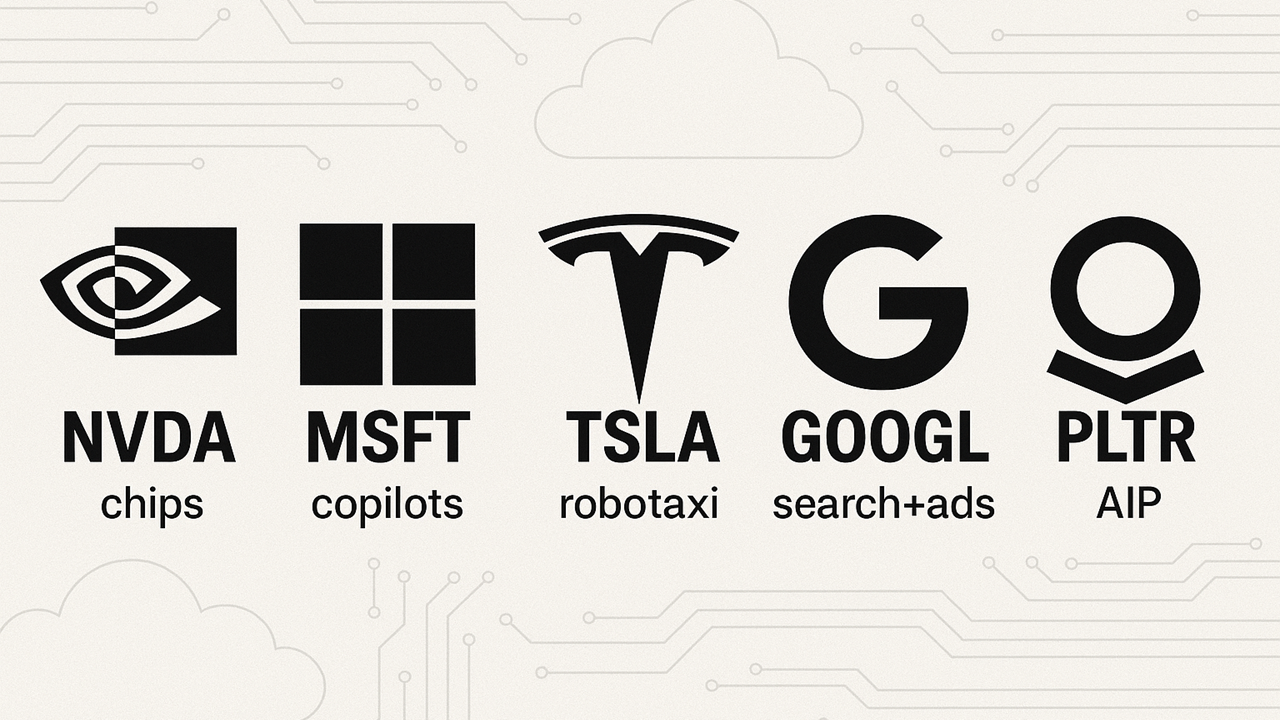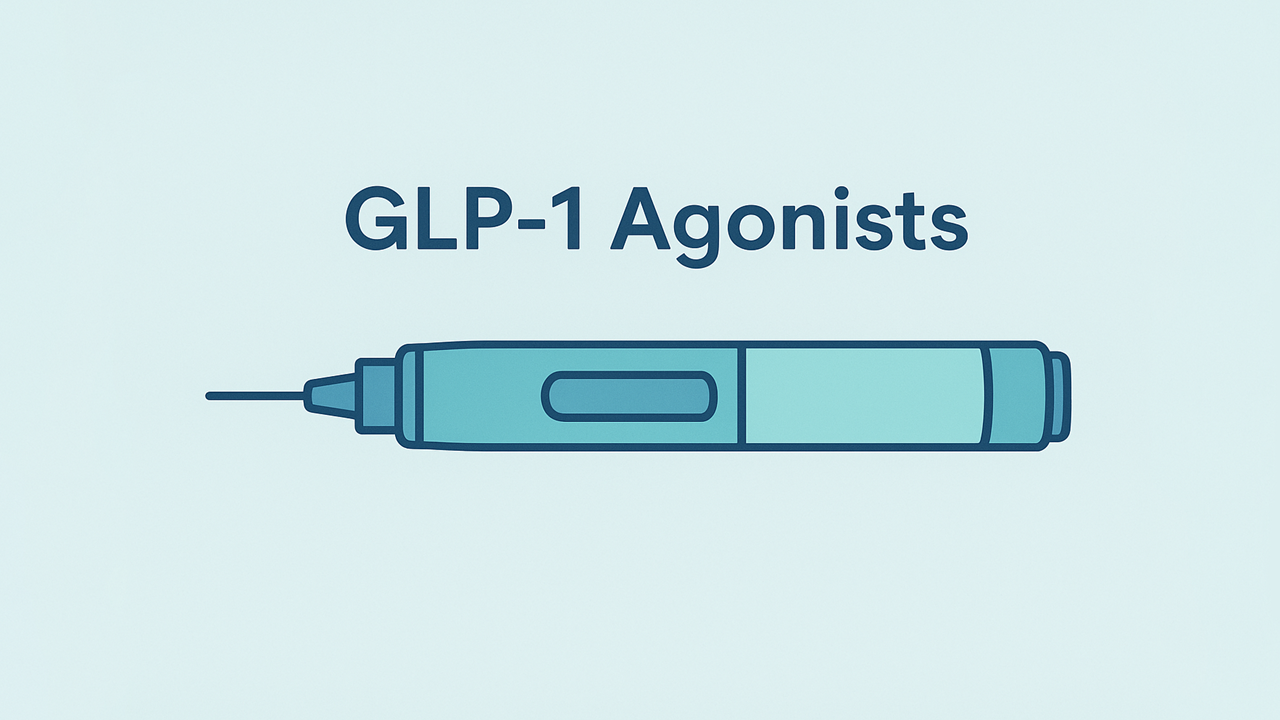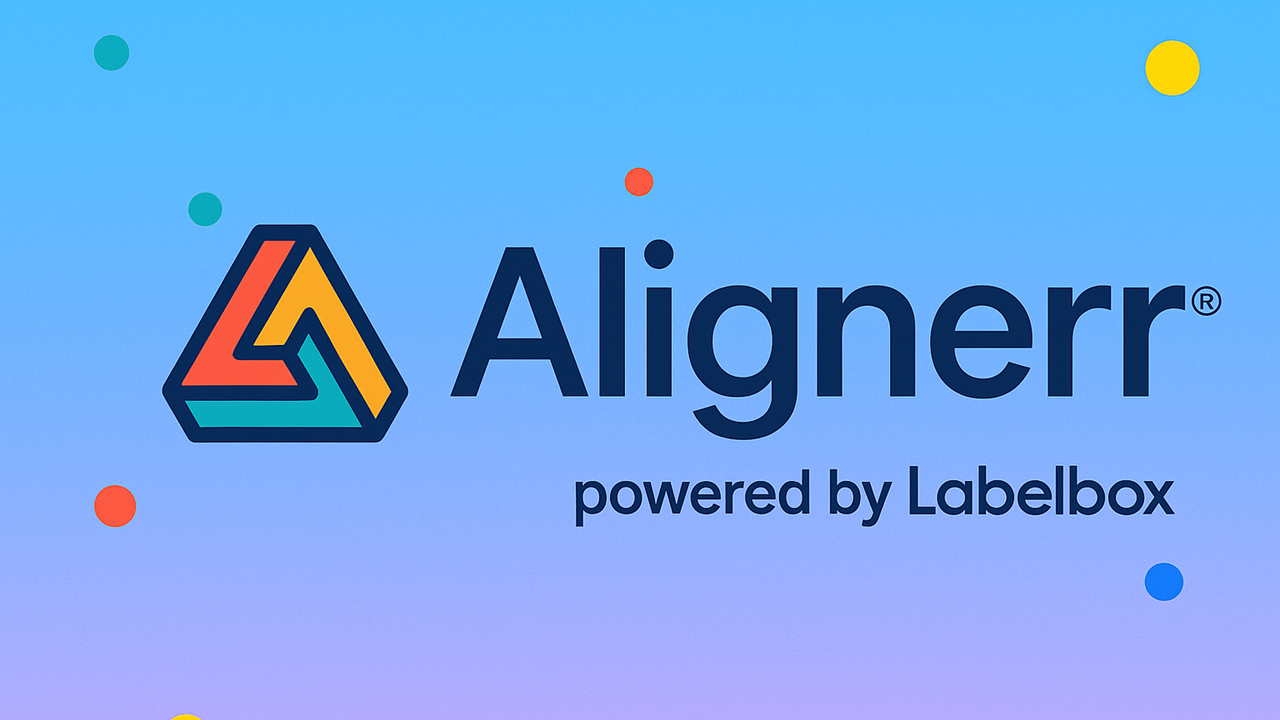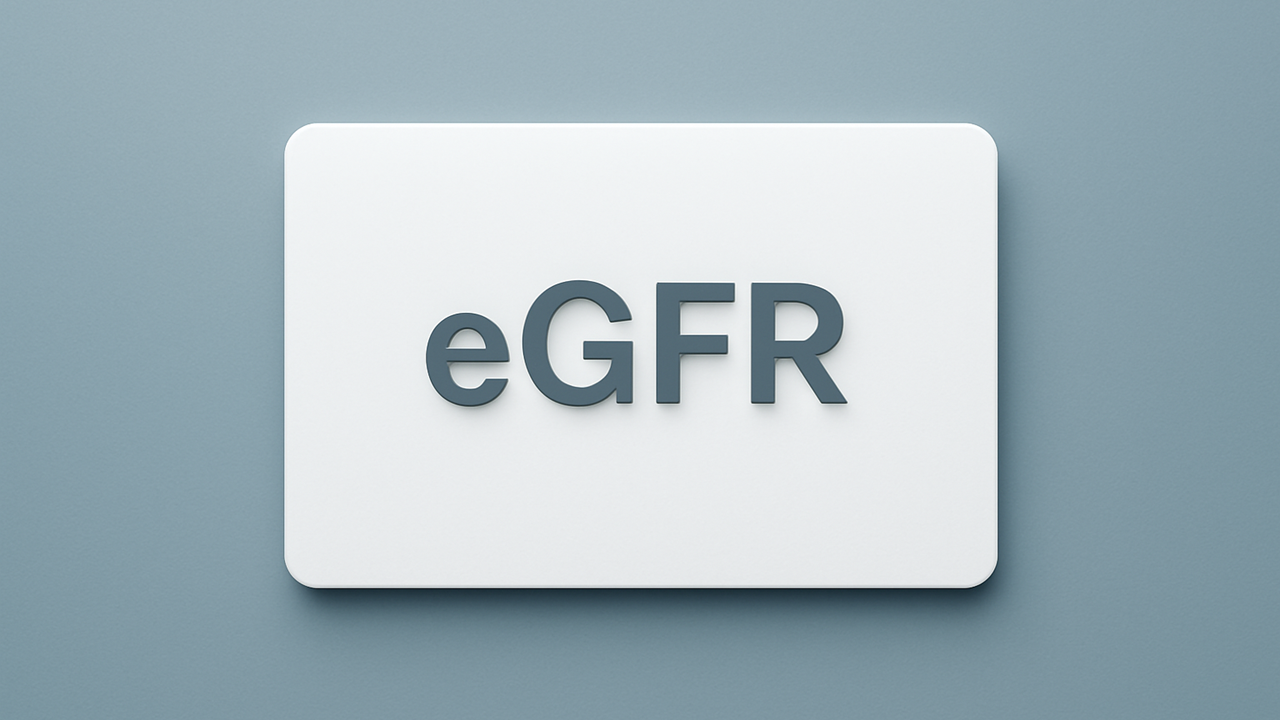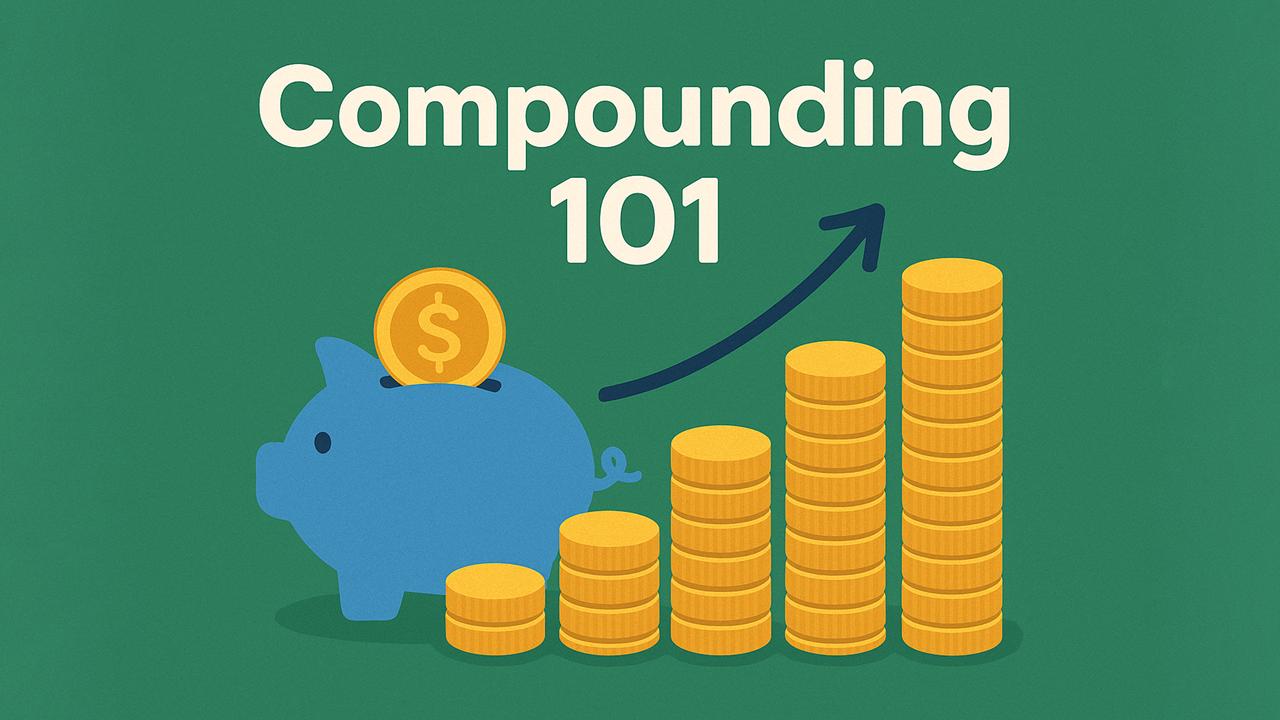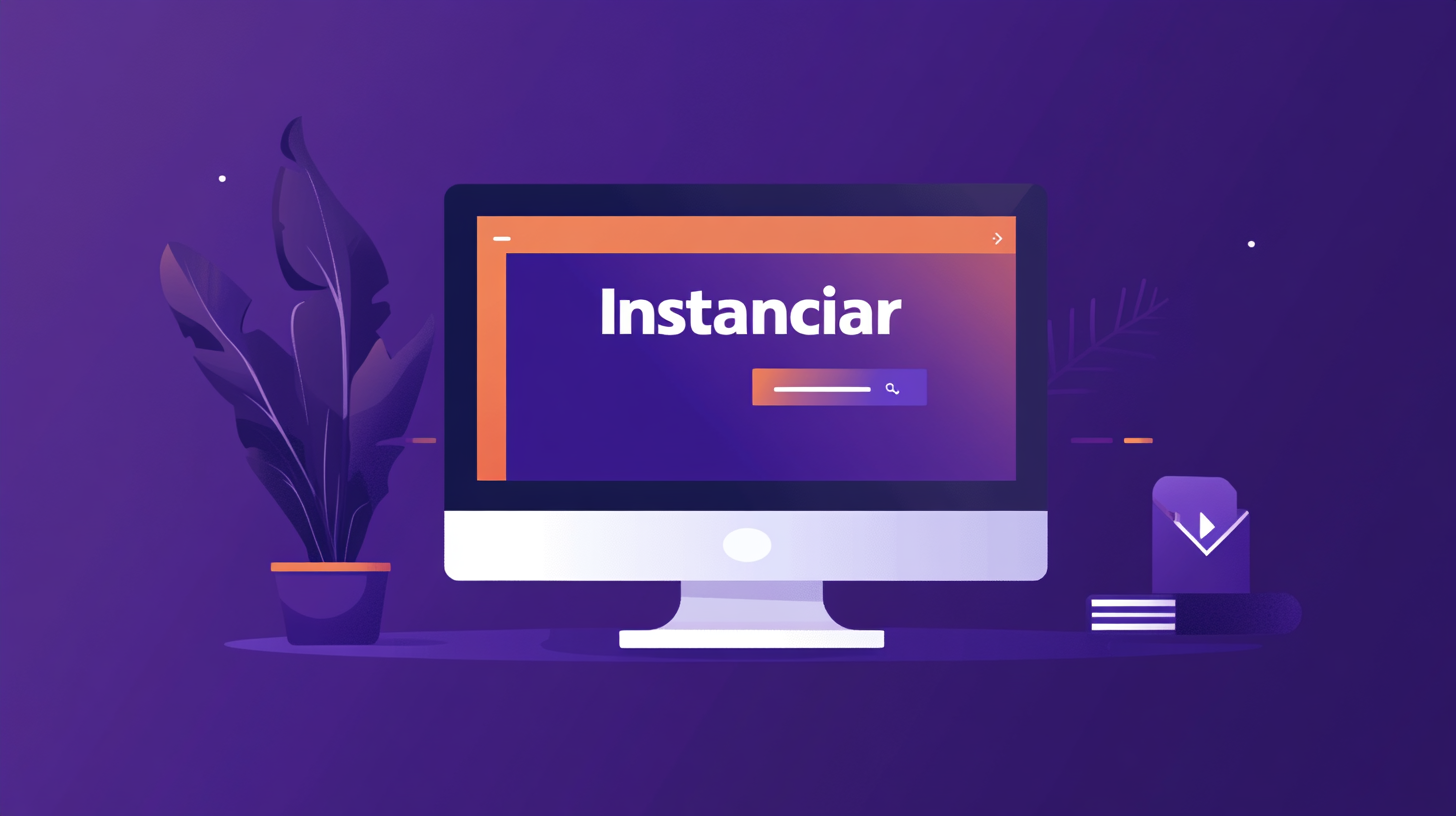Free vs. Paid Proxies – Are Free Proxy Servers Safe?
Hiding your IP address with a proxy server can feel like throwing on an invisibility cloak while you roam the internet. Whether you want to bypass geo-blocked websites or give yourself an extra layer of privacy, proxies stand between you and the open web. But a major question often comes up: do you opt for a free proxy or invest in a paid proxy? After all, free proxies might look great on the surface—because who doesn’t like saving money? Yet, as the popular saying warns, “if you’re not paying for the product, you might be the product.”
In this thorough piece, we’ll explore why free proxies attract many users and the hidden dangers that often come with them: from slow speeds and data leaks to full-on malware infiltration. Meanwhile, we’ll see how paid proxies fare better in reliability, privacy, security, and more. We’ll check real-world examples, point to relevant stats, showcase a comparison table, then wrap it all up with a final verdict. Hopefully, by the end, you’ll see whether a paid proxy is worth the cost for your personal or professional needs.
Why People Are Tempted by Free Proxies
Free proxy servers hold big appeal, particularly for casual users or folks who want a no-cost solution. Here’s what draws them in so strongly:
They’re free: Cost is the most obvious factor. If you only plan to anonymize your IP once in a while—maybe to access a blocked news article or watch a region-locked video—why pay a monthly fee? In those scenarios, a free proxy seems like it might handle things just fine.
Easy to find: A quick online search yields tons of free proxy lists or “web-based proxies” you can jump into immediately. No credit card, no complicated sign-up, just type in the proxy or use a browser extension. This instant availability is especially inviting if you only need to do something once in a blue moon.
No “strings” at first glance: People love freebies, so they assume it’s a normal part of the internet. Proxies have remained popular partly because so many are free. That can create a false sense of security—like, hey, it’s out there for everyone, so it must be safe or at least not that harmful.
Temporary or light usage: If you only want to bypass a minor block or view a single page, you may not see the point in paying. Maybe you just want quick anonymity on a personal project. Free proxies can sometimes do the job in those limited circumstances—emphasis on sometimes.
But “free” also can come at a hidden cost, which many discover the hard way. Before you rely on a no-fee proxy for anything serious, it’s crucial to look at the bigger picture of real risks.
Don’t leave your online privacy to chance. If you’re looking for a reliable, safe, and fast proxy solution, check out our curated list of top proxy providers. Whether you’re aiming for powerful encryption, broad server locations, or a dedicated IP, these services have you covered. Click here to explore the best proxies and take control of your online experience!
The Hidden Dangers of Free Proxy Servers (With Real-World Examples)
Using a free proxy might save your wallet but can severely compromise security, privacy, and performance. Here’s what you should be aware of:
❌ Lack of HTTPS Encryption: A large portion of free proxies do not support HTTPS. This means your data travels in plaintext, easy for the proxy operator or an attacker to see. A researcher found that of 443 free proxies tested, 157 lacked HTTPS, letting anyone intercept logins or personal info. If you log into a site using such a proxy, it’s like handing your password away.
❌ Malware Injection & Ads: A free proxy often tries to recoup costs by injecting ads. That alone might be irritating, but the real threat is malicious script injection, or “malvertising.” Some unscrupulous proxy operators embed harmful code or Trojan-laced ads in the pages you load. A 2015 study discovered free proxies actively inserting their own scripts. This can result in direct malware infections—just from basic web browsing.
❌ Data Logging & Privacy Breaches: Free proxy owners can (and do) log everything: from your browsing history to typed info and credentials. Many free providers have zero transparency about who they are, so your data could be sold, leaked, or otherwise abused. Identity theft and financial fraud are not rare outcomes if your personal details fall into the wrong hands.
❌ Cookie Theft & Account Hijacking: Even if you skip logging in with a password while behind a free proxy, your session cookies can still be intercepted. Attackers can use those cookies to hijack your sessions for email, banking, or social media. Some free proxy operators specifically target cookies.
❌ Slow Speeds & Overcrowded Servers: Because they’re free and open to unlimited users, these proxies get overloaded. That means slow performance, frequent timeouts, or intermittent connectivity. If you try streaming or big downloads, expect frustration. Speed can vary from day to day, making free proxies extremely unreliable.
❌ Unstable & Quickly Blacklisted IPs: Free proxies get abused for spam and hacking, so sites quickly block their IP addresses. One day the proxy works, the next day everything is blocked. Operators also vanish suddenly—so you can’t depend on consistent uptime for anything mission-critical.
❌ Scam “Services” & Criminal Traps: Some free proxies are outright criminal setups, capturing all data that goes through them. Researchers have found that around 70–80% of free proxies do something shady: from stripping encryption to adding malicious code. A notorious network called RSocks used malware to enslave random devices as proxies before the FBI took it down in 2022. Others still pop up all the time.
In short, free proxies are not just a bit less fancy than paid ones—they can actively endanger you. By some estimates, 79% of free proxies have serious issues. Those are high odds of trouble. That’s where paid proxies shine: they’re a safer, more stable option.
The Advantages of Paid Proxy Services
When you opt for a paid proxy service, you’re effectively hiring a professional solution that addresses the security and performance woes of free proxies:
✅ Enhanced Security & Encryption: Paid proxies generally offer robust HTTPS/SSL support, meaning your traffic remains encrypted end-to-end. The server isn’t tampering with your data or disabling encryption. Legitimate services also maintain updated certificates and strong security protocols, so your connection is locked down.
✅ True Privacy & No Logging: Reputable paid proxy or VPN providers vow not to track or store your browsing data. They have no reason to sell your info—your subscription fee is their revenue. By contrast, free proxies have a strong incentive to monetize your data.
✅ Faster Speeds & Consistency: Because paying users fund the infrastructure, these providers offer higher bandwidth, better hardware, and fewer simultaneous connections per server. You get stable, high-speed performance—allowing for streaming, heavy downloads, or real-time tasks without the stuttering or snail’s pace you find on free servers.
✅ Extra Features & Flexibility: Paid services often include location selection, IP rotation, support for different protocols (HTTP, SOCKS5), or dedicated IP addresses. You can pick a region if you want to access certain content or do web scraping from a specific country. Some even provide advanced dashboards, sub-user management, or custom refresh intervals.
✅ Customer Support & Accountability: No more guesswork or forum-hunting if something fails. Paid providers usually have email or live chat assistance. If they messed up (like injecting ads or failing their no-logging policy), they’d face user backlash and risk losing paying customers. That accountability encourages them to keep the service clean and reliable.
In essence, you pay for professionalism: less worry about hackers, more consistent speeds, and real privacy. For most people with ongoing proxy needs or security concerns, that’s worth paying for.
Free vs. Paid Proxies: Quick Comparison Table
Here’s a simplified chart contrasting major points:
A quick glance reveals that while free proxies might be sufficient for trivial tasks, they pose serious trade-offs in security and usability. Paid proxies help you avoid all those pitfalls.
Final Recommendation: Are Paid Proxies Worth It?
Given all these details, are paid proxies worth it? Short answer: yes, especially if your tasks require stable performance and robust security. Using a free proxy for anything sensitive—like logging into accounts or handling personal info—poses too high a risk. The money you might “save” could be overshadowed by the cost of stolen data or dealing with an infected computer.
A paid proxy subscription ensures your traffic is encrypted, your data is handled responsibly, and your speeds remain consistent. If you rely on a proxy for business usage or frequent personal tasks, a monthly or yearly plan from a reputable provider is well worth the peace of mind. The old adage “you get what you pay for” absolutely applies.
That said, if your needs are minimal, you might be able to get away with a free solution for a simple, one-time check. Just remember the hazards: no real encryption, potential malicious scripts, and snail-pace speeds. Another alternative is to use a free tier from a known VPN or the Tor network for occasional tasks, but each has its own pros and cons.
But in the direct free vs. paid proxy debate, paid generally wins for consistent reliability, advanced features, and crucially, safety. If you’re serious about privacy, security, or professional usage, a paid proxy is practically a must.
Conclusion
Free proxies might look enticing, but they come with lurking dangers. Malware injection, intrusive logging, cookie theft, blacklisted IPs, and incredibly slow speeds all paint a grim picture. In the end, you might end up paying a bigger price in compromised data or frustration. Meanwhile, paid proxies offer a polished experience with encryption, better performance, robust privacy policies, and actual support channels. For individuals who care about security or run serious online tasks, paying a few bucks a month is a no-brainer.
So, if you’re simply curious about skipping a small paywall or reading one blocked page, a free proxy might suffice for that micro moment, but do proceed with caution. For ongoing needs or anything that touches personal or financial data, it’s wise to invest in a legit paid proxy solution—the difference in safety and speed can be like night and day. In the realm of proxies, “free” almost always means hidden costs. Protect yourself accordingly. (Grammar error #1: “like night and day.” missing a period)


